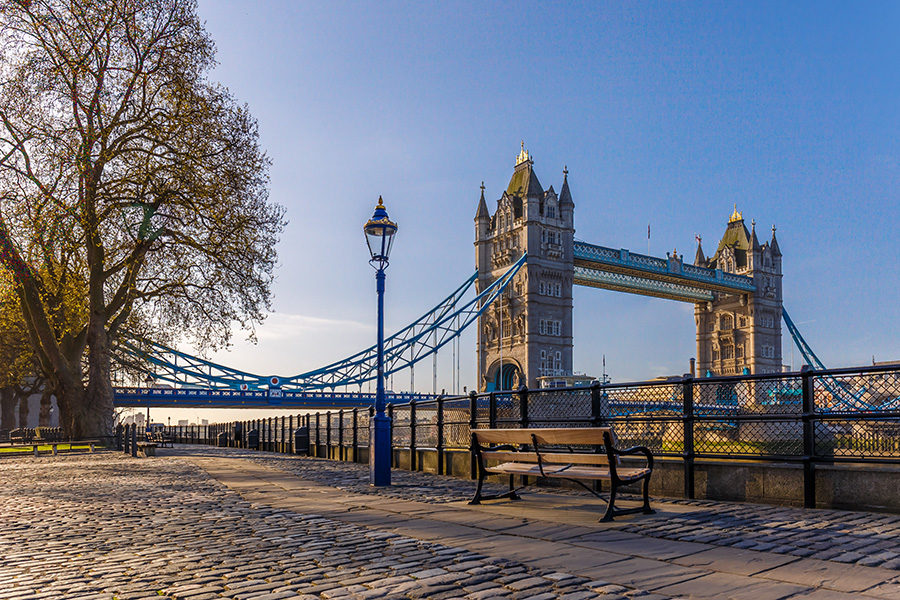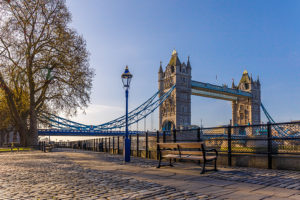UK proposes to raise online gaming licence fees by half

The DCMS has proposed increasing remote licence fees by 55 per cent to increase funding for the Gambling Commission.
UK.- A new consultation document from the Department of Culture, Media and Sport (DCMS) proposes increasing the annual fees for British remote gaming licences by 55 per cent.
The fee for new licences of all kinds would increase by 60 per cent.
The 55 per cent hike in fees across every band of remote gaming licences would begin in October of this year. A smaller increase for land-based operators would follow in 2022.
The proposal, which is separate from the government’s current review of British gambling legislation, intends to increase funding for the British regulator, the Gambling Commission, to help it better regulate a growing industry and tackle the unregulated market.
Challenges for the Gambling Commission
The DCMS says that the Gambling Commission faces three major challenges: technological developments, the large international scale of many operators and the threat of the black market.
It suggests that the regulator needs to bring in more specialist technical staff, including a chief product officer, and more staff to work on the international regulatory agenda with other regulators and to investigate companies with large corporate structures.
It also needs to invest in tools to improve compliance and to make better use of its data and needs more resources to investigate and tackle illegal gaming. The DCMS estimates that the changes would cost an additional £3.5m by 2023/24.
The DCMS noted that the commission has drawn on more of its reserve funds than it had planned and would face a £4.7m funding gap by 2023-24 if it made the necessary changes.
The regulator had taken action to cut costs and had identified “opportunities to make further efficiencies” but would still need more funding from licensees, it said.
It expects the increase in licence fees to generate an extra £7.7m by 2023-24.
Proposed increases in gaming licence fees
Total annual fees would represent 0.22 per cent of British gross gambling yield (GGY) excluding the National Lottery. The commission would receive funding of £13.9m if GGY remains stable.
The 55 per cent hike in annual fees would apply only to remote gaming licensees since the requirements for change at the Commission primarily respond to challenges that stem from online gambling.
That would include licensees offering Random Number Generator (RNG) games, such as online casino and slots, which already pay an additional fee of either £2,500 or £5,000 depending on their games.
Land-based operators would face a 15 per cent increase in renewal fees, which would come into effect in April 2022 to allow time to recover from the impact of the Covid-19 pandemic.
The 5 per cent annual fee discount for combined remote and non-remote operating licences would be removed to help the Commission streamline processes.
The consultation document reads: “It is important that the costs of regulation are borne by the industry and that the Commission is funded to respond effectively to the challenges set out.
“However, the Department and the Commission recognise that the non-remote sector has been impacted very significantly by the nationwide restrictions introduced in response to the Covid-19 outbreak, and a significant number of premises have been closed for large parts of the year.
“To reflect this, we are proposing to leave annual licence renewal fees for existing non-remote operators unchanged in 2021/22, with uplifts only coming into force in April 2022.”
Fees would not be increased for all charitable lotteries, but new bands will be introduced for those that generate more than £10m.
The proposal would also increase all new application fees by 60 per cent regardless of the type of licence.
The DCMS said: “For a small non-remote business applying for a new operating licence (eg, an adult gaming centre, bingo or general betting applicant with a projected annual GGY of £250,000), the 60 per cent increase would mean that the new proposed application fee would represent 0.6 per cent of that applicant’s projected GGY.
“For a small remote casino operator with a projected GGY of £250,000, the proposed application fee would represent 1.7 per cent of its projected GGY.”
The Gambling Commission said it was in favour of the proposed changes.
It said: “We welcome this DCMS consultation as it will explore much needed changes to our fee income to enable us to continue to regulate effectively.
“We would encourage everyone impacted by the proposals to have their say.
“We are already making gambling safer – having strengthened age and identity verification, introduced strict new guidance for so-called VIP schemes and banning gambling with credit cards – but further resources will mean we are able to make greater and faster progress in making gambling safer and protecting consumers in the years to come.
“The Commission is a relatively small regulator and gambling is a fast-moving industry which must be regulated effectively.”
Some members of parliament have called for the UK’s current review of gambling legislation to axe the Gambling Commission altogether and create a new regulatory body.









